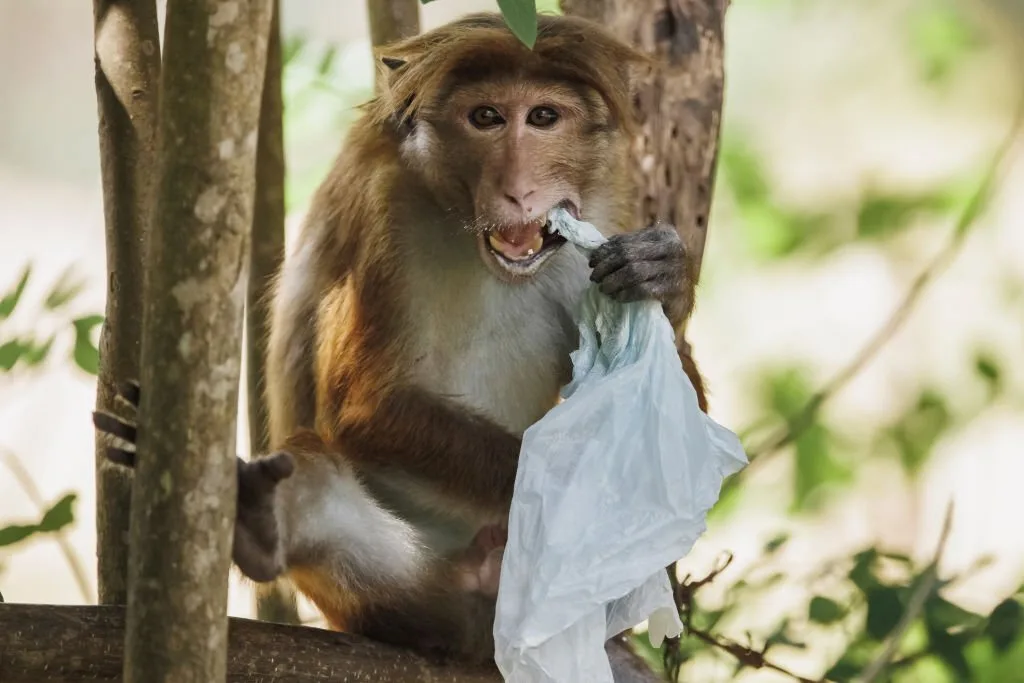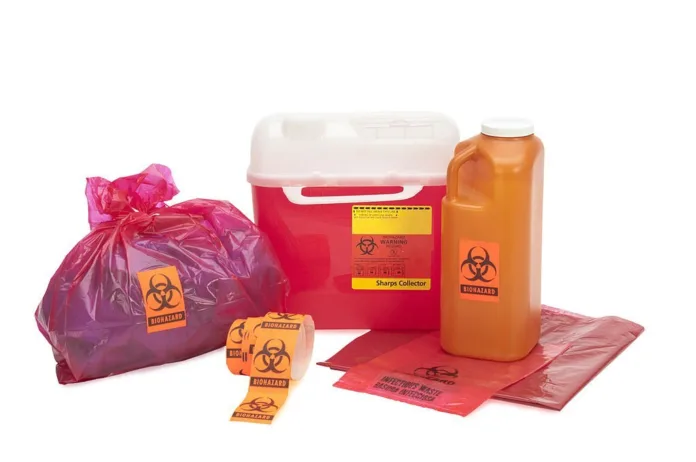Plastic bags are a convenient way to carry groceries and other items, but they are also a major source of pollution. Plastic bags are made from petroleum, a non-renewable resource. They take hundreds of years to decompose in landfills, and they can release harmful chemicals into the environment.
Here are some of the ways that plastic bags harm the environment:
Landfills: Plastic bags take hundreds of years to decompose in landfills. This means that they take up space in landfills and contribute to the problem of waste.
Pollution: Plastic bags can also pollute waterways and oceans. When plastic bags are discarded, they can end up in rivers and streams. These bags can then be carried out to sea, where they can entangle marine life or break down into microplastics that can be ingested by fish and other animals.
Harm to wildlife: Plastic bags can also harm wildlife. Animals can mistake plastic bags for food and eat them, which can block their digestive systems and lead to death.
Climate Change: The production of plastic bags also contributes to climate change. The extraction and processing of petroleum, the raw material for plastic, releases greenhouse gases into the atmosphere.
There are a number of things that can be done to reduce the environmental impact of plastic bags:
Use reusable bags: Reusable bags are a great way to reduce the number of plastic bags that end up in landfills and waterways. There are many different types of reusable bags available, so you can find one that is convenient and stylish.
Say no to plastic bags: When you are at the store, ask the cashier not to give you a plastic bag. Many stores will now offer paper or reusable bags instead.
Recycle plastic bags: If you do use a plastic bag, be sure to recycle it. Most communities have recycling programs that accept plastic bags.
By taking these steps, we can all help to reduce the environmental impact of plastic bags.

Here are some additional tips:
Bring your own bags when you go shopping. This is the easiest way to avoid using plastic bags.
Use cloth bags for produce. Plastic bags for produce are not necessary and can easily be replaced with cloth bags.
Refuse plastic bags at the checkout counter. If you forget to bring your own bags, simply ask the cashier not to give you any plastic bags.
Compostable bags are a better option than plastic bags. Compostable bags are made from materials that can be broken down by microorganisms in a compost pile.
Support businesses that use sustainable packaging. There are many businesses that are now using sustainable packaging options, such as paper bags or reusable containers.
By following these tips, we can all help to reduce the use of plastic bags and protect the environment.




